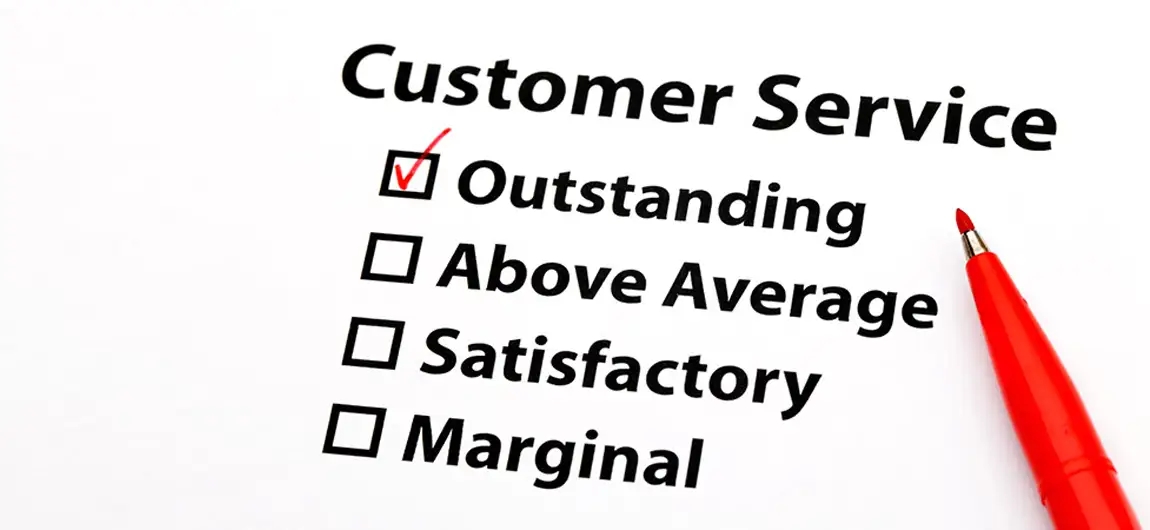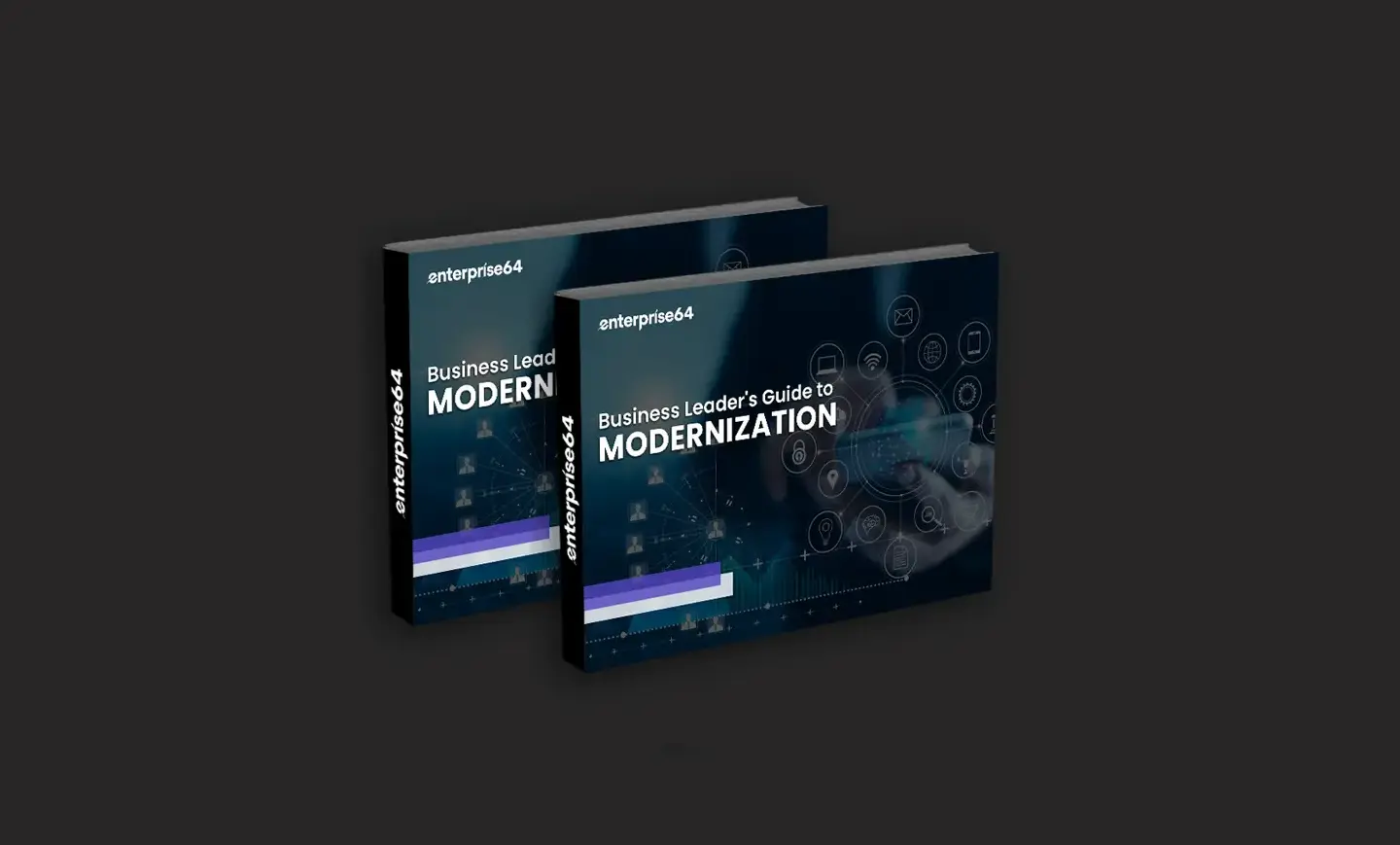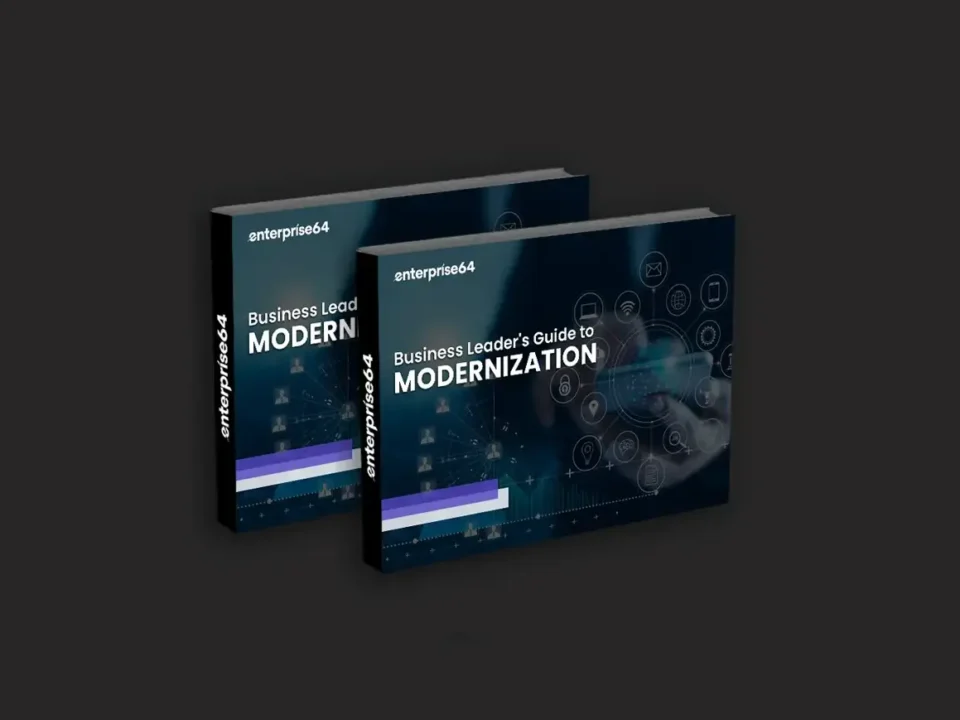What does it take to build the customer relationships your business might be spending countless hours and human resources on? Something that requires a genuine human-to-human effort before putting any kind of business deal upfront.
In this guide, we’ll cover what it takes to create the actual relationships with your customer base and build the loyalty and trust that most businesses want to achieve.
Why are customer relationships important?
People who feel deeply and emotionally connected to a brand are more likely to become a part of that quality circle that your leadership team dreams about.
Moreover, such people are more likely to recommend that brand or service to their social circle, family, and friends. And when customers are loyal, they’ll do repeat purchases from your brand and even try new products and services without asking.
For example, if you’re running a software development company and you’re going the extra mile by delivering top-tier post-delivery services, they’ll most likely value your business and your attempt to genuinely help them in succeeding.
Prioritize listening!
Active listening is the key building block for creating great relationships, playing a key role in understanding customer feedback and their sentiments toward products and services.
- Listen before reacting: Prioritize understanding the customer’s perspective by patiently listening without the urgency to respond. Be patient and allow yourself time to comprehend their viewpoint fully.
- Don’t interrupt: Make sure you hear the customer, and you avoid interruptions. This not only shows respect but also allows for a complete understanding of concerns, enhancing your ability to provide a meaningful response.
- Clarity is key: When you do respond, utilize clear, straight forward language that customers can easily understand. Eliminate spin and avoid too much technical jargon. I often have people ask me to help them craft a message for a situation. I ask them what they are trying to say, and they can clearly tell me. My response is typically, yes, just say that.
- Don’t multitask: In today’s world this is not easy but is a must. Multitasking during customer interactions can dilute the quality of listening and increase your chances of missing what’s important. Allocate undivided attention to the customer by eliminating distractions, especially during video calls, to signify that their concerns are your primary focus.
Build trust with transparency
Without trust, you can’t really build a solid relationship with your customers. Trust is something you earn and to do this there’s several actionable strategies that can be effective.
- Show patience and empathy: Demonstrating genuine patience and empathy towards customers not only builds trust but also reinforces your commitment to their satisfaction and well-being. This approach should be consistent across all customer interactions to ensure a uniform experience that solidifies trust. Where it fails, is when it’s not genuine. If you fake it, you will never gain their trust.
- Use positive language: Being positive and using positive language helps create confidence. This doesn’t mean you should hide your concerns, but if you do have concerns, you should find the path forward, come up with a positive message, and get others on board. Your team and your customers won’t follow you if you can’t be positive, optimistic, confident, and appreciative.
- Stick to your word: If you say you are going to do something, own it. Whether it’s a solution you are delivering, a response you must provide, or a small thing you said you would finish. Following through is a key to building strong relationships. If you miss the target, own the problem, and provide a solution.
- Get your facts straight: Be prepared to support your position. Avoid speculation, instead provide facts and detailed information to back up what is being communicated. This builds credibility and shows that you are not making unfounded decisions.
Understand customer needs
Understanding the needs of your customers is crucial for establishing great relationships and ensuring satisfaction. To do this, take the time to connect with your customers, and don’t wait for the information to come to you.
- Practice one-on-one engagement: Create opportunities to connect directly with customers. The response you get from your customers in a one-on-one setting will be very different from the response you get in a team setting. These conversations can be more candid and provide more details that will enhance customer loyalty.
- You look good when your customer looks better: Recognize that the success of your customers directly reflects on you and your business. This means going beyond just meeting their immediate needs and understanding their long-term goals. Position your business as a valuable partner in their journey to success.
- Expectations are everything: Whether it’s a 30-minute phone call or a three-month Discovery, if the expectations are off, you likely won’t achieve success. Take time to understand the expectations for your larger engagements, as well as the smaller things.
- No surprises upstream: Keep your customers informed about any changes, updates, or potential issues that may impact them. Transparency in communication ensures that there are no surprises that could negatively impact their business or your relationship with them. This includes providing timely updates on project progress, potential delays, or changes in pricing or terms. Remember that bad news does not get better over time.
Seek feedback and be prepared to respond
Proactively inviting and welcoming customer feedback is a pivotal step in refining products and fortifying relationships with customers. Businesses can implement various methods to gather this valuable feedback, ensuring they remain responsive and adaptive to customer needs and preferences.
- Better to know: One question I often ask customers is “What can we be doing better?” While you may be hitting your targets, there’s likely always some areas where you can improve. Don’t be afraid to challenge yourself and your organization to go looking for this information. This is a great proactive approach to help avoid larger issues.
- Customer feedback: Utilize things like Net Promoter Scores, Customer Satisfaction Surveys, and Value Enhancement Scores. This can provide structured insights that are easy to analyze and act upon.
- Connect on a personal level: Sharing personal information about the team or individual experiences can humanize the company, making it more relatable and trustworthy. Photos of the team, the facility, or behind-the-scenes glimpses can further this connection.
- Proactive problem solving: Solving problems and providing solutions to challenges can go a long way to building a great relationship with customers. But what’s even better is if you can be proactive with problem solving to avoid creating issues and challenges. If you see a potential issue coming, bring it up as a potential risk to monitor.
- Equip your team: Training and coaching can help ensure you and your team are ready to be proactive. Make sure your team is equipped with the latest skills and knowledge to handle emerging customer needs. In addition, make sure customers can reach out through their various communication channels, offering a seamless experience to connect with your team.
Final thoughts!
Focus on active listening, maintain clarity and transparency, and build trust and loyalty through your actions. As a business leader, it is your responsibility to understand that building relationships goes beyond routine meetings and presentations with clients, try to engage on a personal level and always ask for genuine feedback.
By working on the above tips, businesses can create strong, long-lasting relationships that not only meet but exceed customer expectations against market fluctuations, changing consumer trends and other odds.










